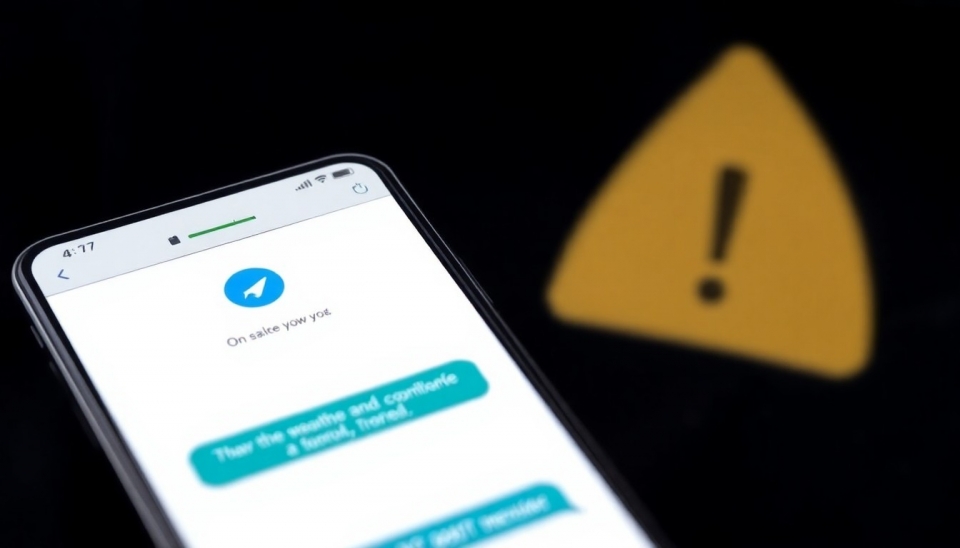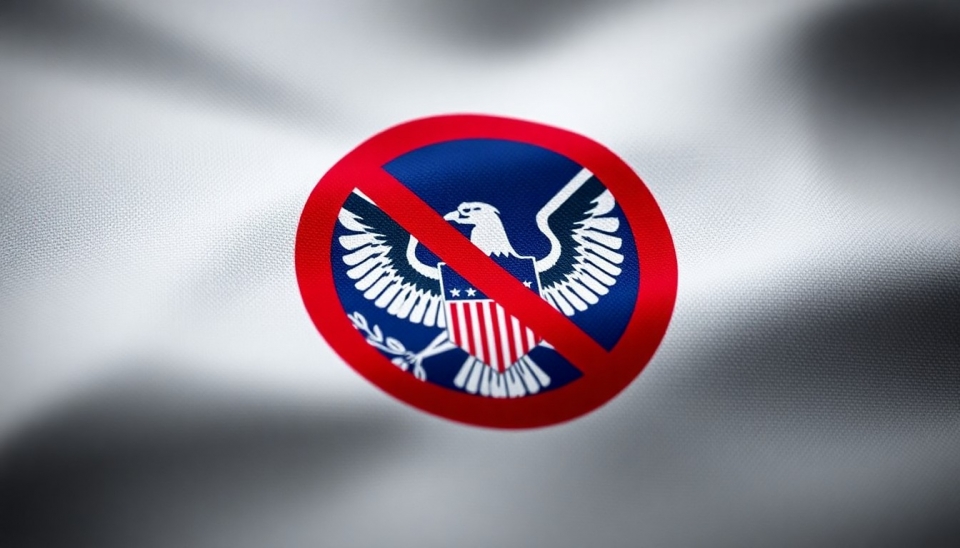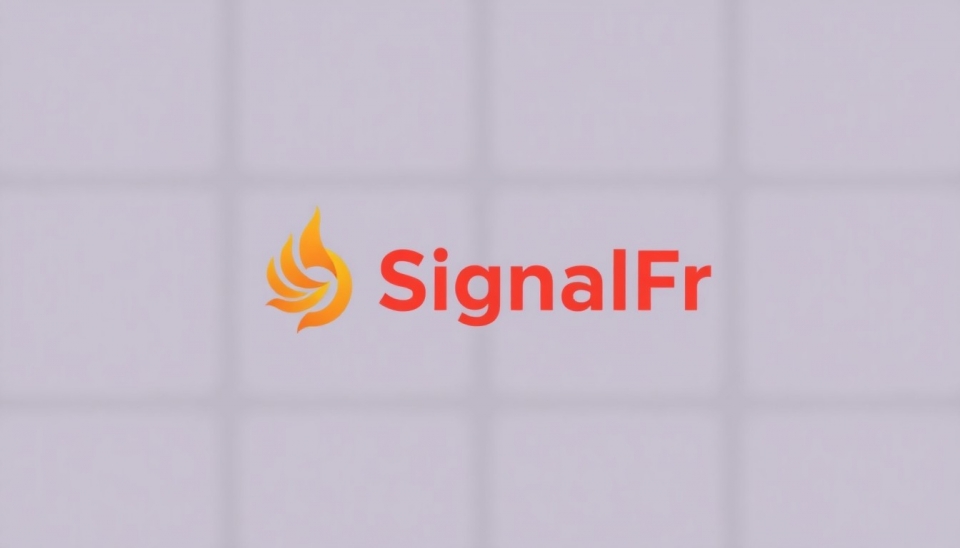
In a world increasingly reliant on digital communication, the encrypted messaging app Signal has garnered significant attention for its focus on privacy and security. While originally designed to empower everyday users with confidential messaging capabilities, recent developments reveal another layer to the app’s functionality: its potential for public officials to evade scrutiny and maintain secrecy.
Signal's end-to-end encryption guarantees that message content remains hidden from anyone except the intended recipients. This quality has made it a favored tool for various government officials, enabling them to communicate without worrying about external surveillance—be it from journalists, watchdog organizations, or curious members of the public. As transparency in governance becomes a hot-button issue, the reliance on such technologies raises critical questions.
Reports indicate that numerous officials have turned to Signal to discuss sensitive matters that, under normal circumstances, might attract media and public attention. From politicians to various governmental operatives, the use of encrypted platforms like Signal is perceived as a shield against potential inquiries into their actions and decisions.
Critics highlight the implications of this trend, suggesting that while privacy is crucial, there is a fine line between ensuring confidentiality and obscuring accountability. The tools that foster transparency in civic life are increasingly at odds with those that promote untraceable communication. This irony has not gone unnoticed within civil liberties discussions where value is placed on both safety and accountability.
On one hand, proponents of platforms like Signal argue that the ability to communicate freely is central to democracy, protecting whistleblowers and dissenting voices from retribution. On the other hand, the lack of oversight and permanent records posed by such tools presents concerns regarding corruption and shadowy dealings within governmental bodies.
This duality presents a complex issue: How can governments ensure accountability while still offering their officials the privacy and protection necessary for their roles? Some experts suggest additional checks and balances might be warranted, including stricter policies on public official communications or enhanced public disclosure laws that consider the evolving digital landscape.
As the dialogue on digital privacy continues, the balancing act between protecting individual rights to privacy and the public's right to know becomes ever more critical. The case of Signal is just one example of how technology is reshaping not only personal conversations but also the very fabric of governance.
The discussion surrounding Signal emphasises a broader conversation about technology in society. As we navigate this digital age, the signal sent by public officials will undoubtedly continue to evolve, prompting ongoing scrutiny and adaptation in both the app itself and the regulations surrounding its use.
Ultimately, the choices made today about such technologies will likely shape the nature of public communication and accountability for years to come.
#Signal #Encryption #PublicAccountability #DigitalPrivacy #GovernmentTransparency #CivilLiberties #PrivacyVsAccountability
Author: John Miller

